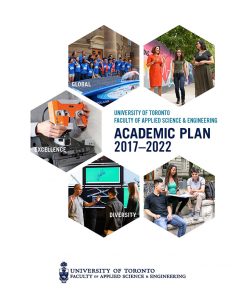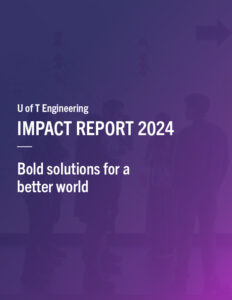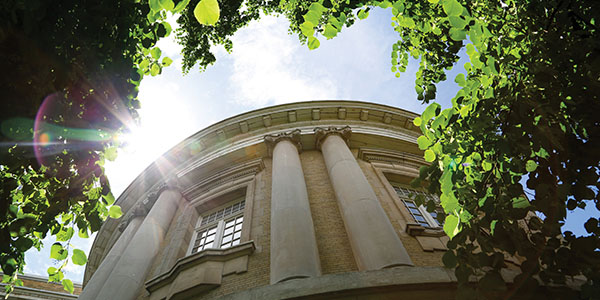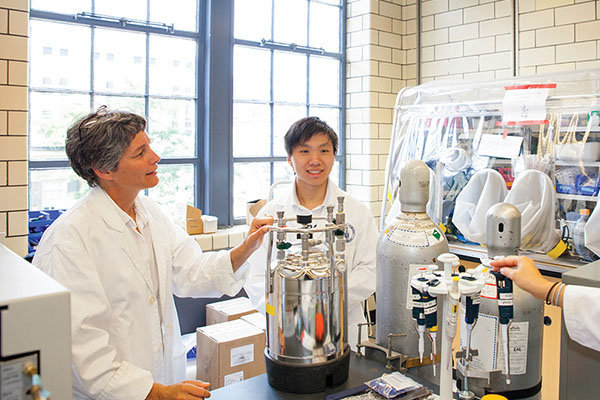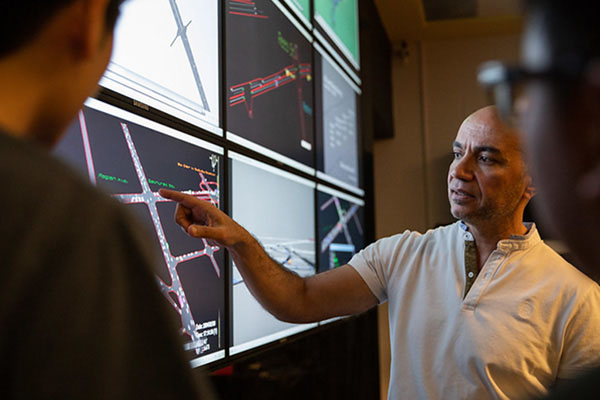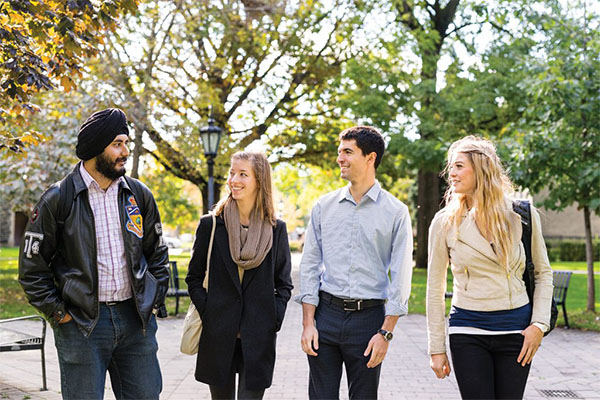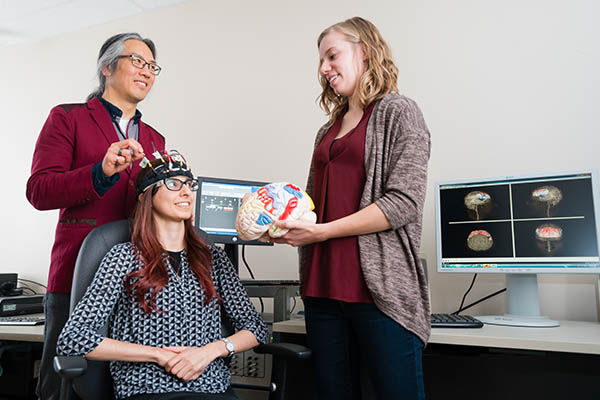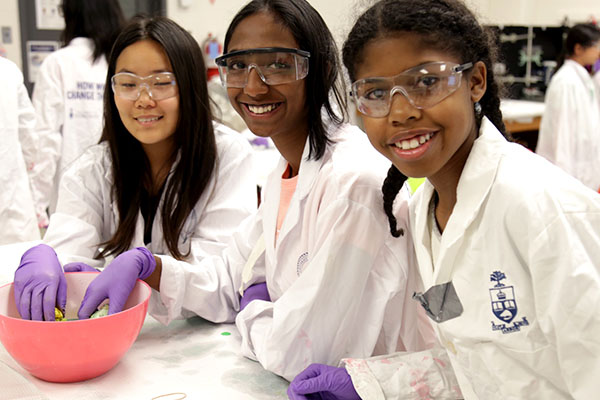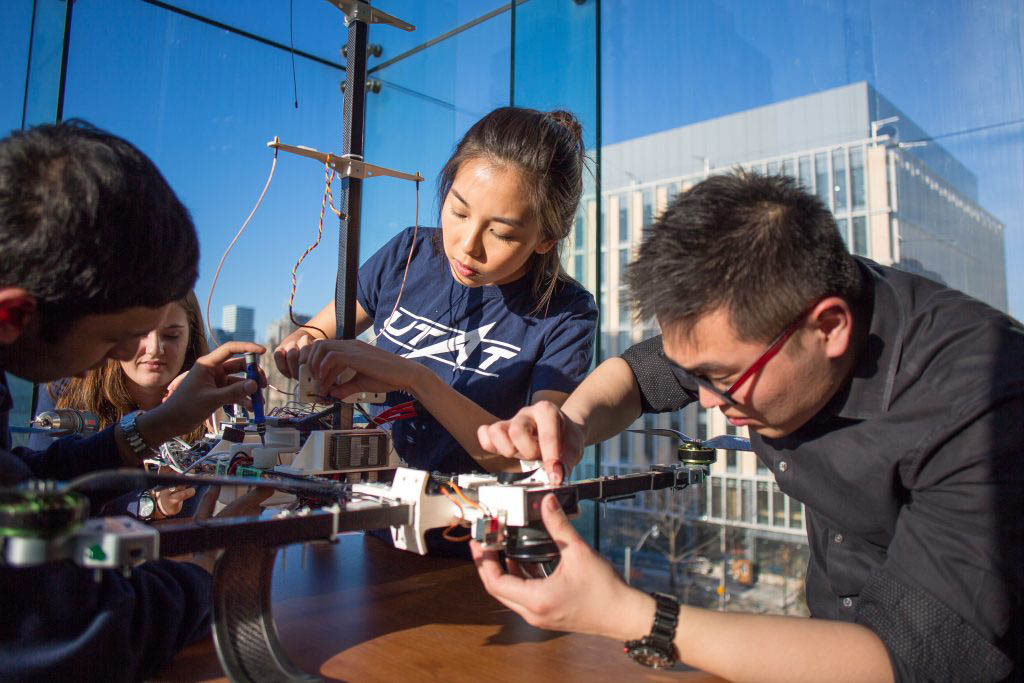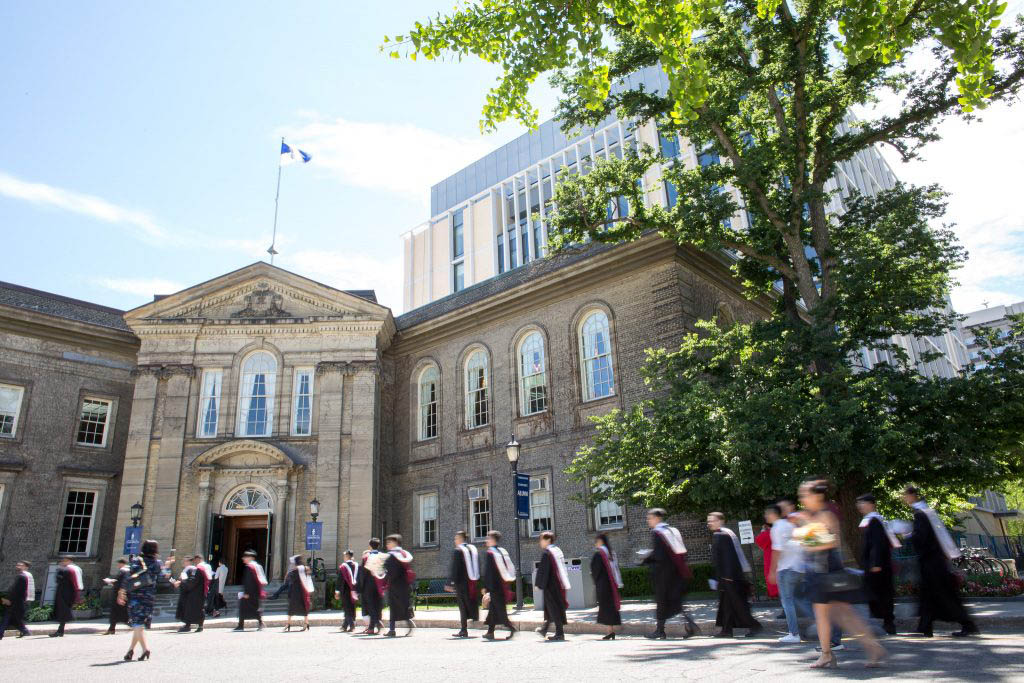Abstract
Algae have long been promoted as alternative hosts for sustainable biotechnology concepts owing to their capacity for light-driven circular reuse of waste streams as inputs and the production of biomass rich in valuable natural products. The emerging capacity to tailor algal cell metabolism through genetic engineering for the sustainable production of desired biochemicals holds the promise of co-product generation from algal bioprocesses to multi-valorize waste inputs. Microalgal metabolic engineering has emerged in recent years due to the intersection of reliable DNA synthesis and improved understanding of transgene expression limitations, especially in the model green microalga Chlamydomonas reinhardtii. This alga has been a powerful workhorse for demonstrating the possibilities of eukaryotic algal metabolic engineering, especially for isoprenoid targets. Other eukaryotic microalgae are also coming to light as potential hosts for synthetic biology mediated genetic engineering concepts. The model red microalga Cyanidioschyzon merolae 10D is a polyextremophilic member of the Cyanidiophyceae that grows at pH 0.5-2 and 42-50 ˚C, lacks a cell wall, and can be cultured with low risk of contamination. C. merolae exhibits favorable genetic features such as targeted transgene integration by homologous recombination into its small nuclear genome (16 Mb) and few introns. We have recently developed a new, completely synthetic, molecular toolkit for transformation of the nuclear genome of this alga. In this presentation I will highlight advances in its metabolic engineering for heterologous generation of several products in addition to its cultivation outdoors on the mid Red Sea coast in 1000 L tubular photobioreactors. I will also describe our engineering strategies to expand the capacity of C. reinhardtii and C. merolae as green cell factories, highlight new developments in bio-process designs, the value of metabolic engineering for fundamental understanding of algal metabolism, and discuss the value of regional considerations for algal biotechnology in the Middle East.
Speaker Bio
Dr. Kyle J. Lauersen is an Assistant Professor at King Abdullah University of Science and Technology (KAUST) in Thuwal, Saudi Arabia. His group is named Sustainable & Synthetic Biotechnology with their main research focussed on engineering algae to be green cell factories. Kyle did his Doctorate of Natural Sciences at Bielefeld University in Germany, and his master’s as well as undergrad at Queen’s University in Kingston, Ontario, Canada.

